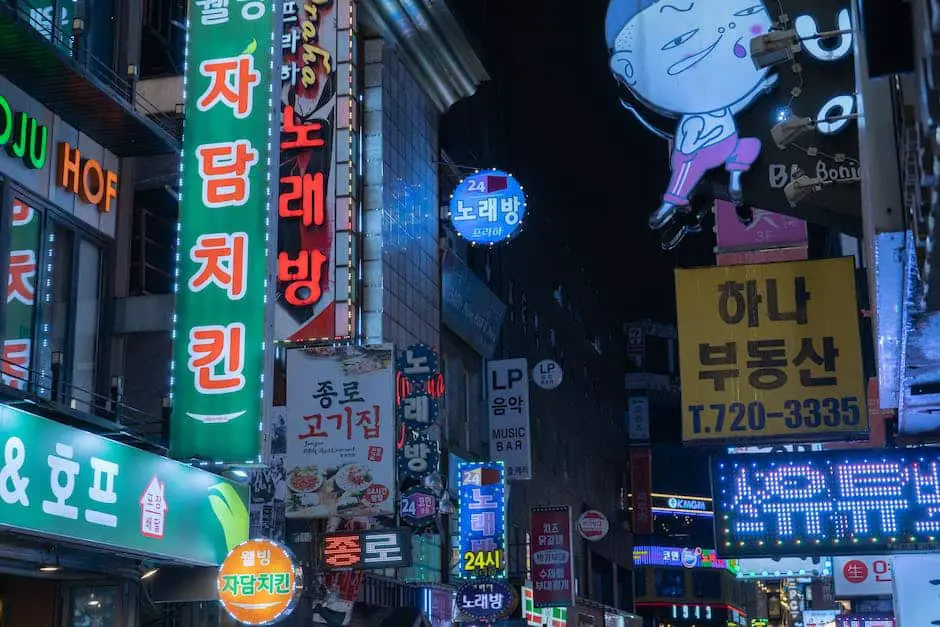
Understanding the Rental Market in Gwangju, South Korea
 Gwangju, South Korea" />
Gwangju, South Korea" />
When I first set foot in Gwangju, South Korea, I was immediately captivated by its vibrant culture, rich history, and the warm hospitality of its people. But as a real estate expert, what truly piqued my interest was the city’s dynamic rental market. 🏠
Overview of Gwangju’s Rental Market
Located in the southwestern part of the country, Gwangju is the sixth-largest city in South Korea. It’s a bustling hub of culture and education, with a population that’s steadily growing. This growth has led to a surge in demand for rental properties, making Gwangju’s rental market a hot topic for real estate investors and agents alike.
One thing that sets Gwangju’s rental market apart is its unique rental system. Instead of the monthly rent system that we’re accustomed to in the US, most landlords in Gwangju prefer the Jeonse system. This involves tenants paying a large lump sum deposit upfront, which is returned to them at the end of their lease. It’s a system that can be quite advantageous for tenants, as they don’t have to worry about monthly rent payments. However, it also means that the initial cost of renting can be quite high. 💰
Factors Influencing the Gwangju Rental Market
Several factors are influencing the rental market in Gwangju. One of the main ones is the city’s growing population. With more people moving to the city for work or study, the demand for rental properties is on the rise. This has led to an increase in rental prices, particularly in popular areas close to universities and business districts.
Another factor is the government’s efforts to regulate the rental market. In recent years, the South Korean government has introduced measures to protect tenants and control rental prices. These measures have had a significant impact on the rental market in Gwangju, leading to more stability and predictability for both tenants and landlords.
Investing in Gwangju’s Rental Market
For real estate investors, Gwangju’s rental market presents some interesting opportunities. The city’s growing population and strong demand for rental properties mean that there’s potential for good returns on investment. However, it’s important to understand the local market conditions and regulations before diving in.
One strategy that can be effective is investing in properties near universities or business districts. These areas tend to have high demand for rental properties, which can lead to higher rental prices and returns on investment. However, these areas can also be more competitive, so it’s important to do your research and find the right property. 🏢
FAQs about the Gwangju Rental Market
1. What is the average rent in Gwangju?
The average rent in Gwangju can vary depending on the area and type of property. However, as of 2021, you can expect to pay around 500,000 to 1,000,000 KRW per month for a one-bedroom apartment in the city center.
2. Is it easy to find rental properties in Gwangju?
Yes, there are plenty of rental properties available in Gwangju. However, the demand is also high, particularly in popular areas, so it’s a good idea to start your search early.
3. What are the legal rights of tenants in Gwangju?
Tenants in Gwangju are protected by South Korean law, which includes regulations on rental prices, lease agreements, and eviction procedures. It’s important for tenants to understand their rights and responsibilities under the law.
Conclusion
In conclusion, the rental market in Gwangju, South Korea, is a dynamic and evolving landscape. With its unique rental system, growing population, and government regulations, it presents both opportunities and challenges for tenants, landlords, and real estate investors. As with any real estate market, understanding the local conditions and regulations is key to navigating the Gwangju rental market successfully. 🌏